What Batteries Are Used For The Security Cameras ?
Security cameras typically use either rechargeable lithium-ion batteries or non-rechargeable alkaline batteries. The specific type of battery used depends on the model and requirements of the security camera. Rechargeable lithium-ion batteries are commonly used in wireless security cameras as they provide longer battery life and can be recharged multiple times. These batteries are lightweight and have a high energy density, making them suitable for powering security cameras. On the other hand, non-rechargeable alkaline batteries are often used in wired security cameras or as backup power for wireless cameras. Alkaline batteries are readily available and affordable, but they have a limited lifespan and need to be replaced once depleted. The choice of battery depends on factors such as camera power consumption, desired battery life, and the availability of a power source for recharging.
1、 Lithium-ion batteries: Commonly used for wireless security cameras.
Lithium-ion batteries are commonly used for wireless security cameras due to their numerous advantages. These batteries are lightweight, have a high energy density, and can be recharged multiple times, making them ideal for powering security cameras that require long-lasting and reliable power sources.
One of the main reasons why lithium-ion batteries are preferred for security cameras is their high energy density. This means that they can store a large amount of energy in a compact size, allowing the cameras to operate for extended periods without the need for frequent battery replacements. This is especially important for security cameras that are installed in remote or hard-to-reach locations, where regular battery changes may be impractical.
Furthermore, lithium-ion batteries have a low self-discharge rate, which means that they can hold their charge for longer periods when not in use. This is crucial for security cameras that may need to remain dormant for extended periods but still require instant power when activated.
Another advantage of lithium-ion batteries is their ability to be recharged multiple times. Unlike disposable batteries, which need to be replaced after use, lithium-ion batteries can be recharged hundreds of times before their performance starts to degrade. This not only reduces the cost and environmental impact of constantly replacing batteries but also ensures that the security cameras are always ready for use.
Moreover, lithium-ion batteries have seen significant advancements in recent years, with manufacturers continuously improving their performance and safety features. For instance, newer lithium-ion batteries now come with built-in protection circuits that prevent overcharging, overheating, and short-circuiting, ensuring the safety of the security cameras and the surrounding environment.
In conclusion, lithium-ion batteries are the preferred choice for powering wireless security cameras due to their high energy density, long-lasting power, and rechargeable capabilities. With ongoing advancements in battery technology, we can expect even more efficient and reliable lithium-ion batteries to be developed, further enhancing the performance and longevity of security camera systems.
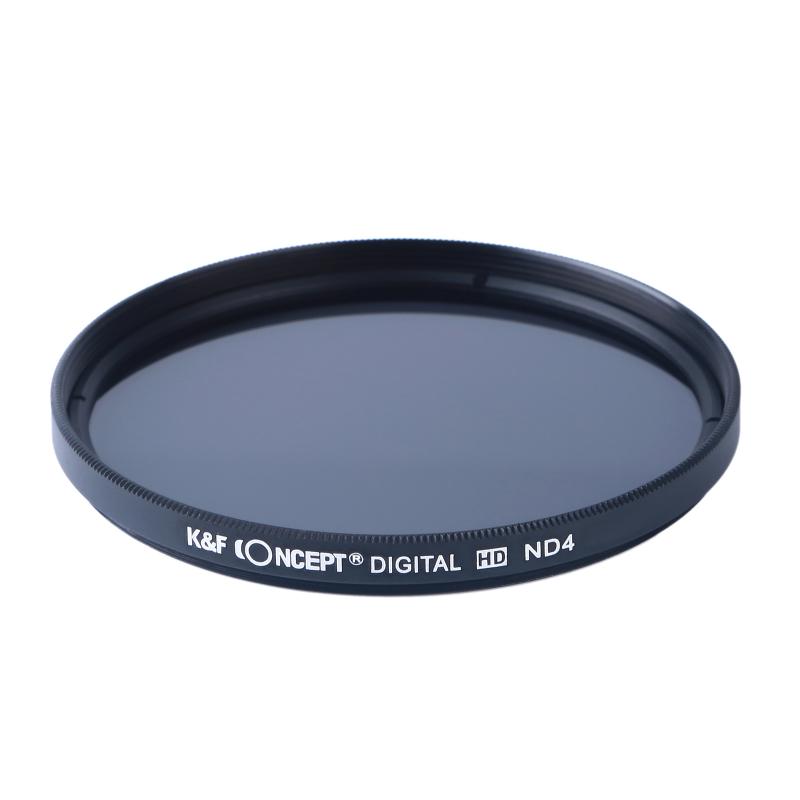
2、 Rechargeable batteries: Provide long-term power for security camera systems.
Rechargeable batteries: Provide long-term power for security camera systems.
When it comes to powering security cameras, rechargeable batteries have become a popular choice for many homeowners and businesses. These batteries offer a convenient and cost-effective solution, providing long-term power for security camera systems.
Rechargeable batteries are designed to be used multiple times, making them an environmentally friendly option compared to disposable batteries. They can be recharged hundreds of times before needing to be replaced, reducing waste and saving money in the long run.
One of the main advantages of using rechargeable batteries for security cameras is their ability to provide continuous power. This is particularly important for outdoor cameras that need to operate 24/7. With rechargeable batteries, there is no need to worry about power outages or running wires to an electrical source. This makes installation and maintenance much easier and more flexible.
Furthermore, advancements in battery technology have led to the development of high-capacity rechargeable batteries that can provide extended power to security cameras. These batteries have longer runtimes, allowing cameras to operate for days or even weeks without needing to be recharged. This is especially beneficial in remote locations or areas with limited access to electricity.
It is worth noting that the specific type of rechargeable battery used for security cameras may vary depending on the camera model and manufacturer. Lithium-ion batteries are commonly used due to their high energy density, lightweight design, and ability to hold a charge for extended periods. However, other types of rechargeable batteries, such as nickel-metal hydride (NiMH) or nickel-cadmium (NiCd), may also be used depending on the camera's power requirements.
In conclusion, rechargeable batteries offer a reliable and efficient power source for security camera systems. They provide long-term power, are environmentally friendly, and offer flexibility in installation and maintenance. As battery technology continues to advance, we can expect even more efficient and high-capacity rechargeable batteries to be developed, further enhancing the performance of security camera systems.

3、 AA batteries: Used in some battery-powered security cameras.
AA batteries: Used in some battery-powered security cameras.
AA batteries are commonly used in various electronic devices, including some battery-powered security cameras. These batteries are widely available and come in both disposable and rechargeable options, making them a convenient choice for powering security cameras.
The use of AA batteries in security cameras offers several advantages. Firstly, AA batteries are easily accessible and can be purchased at most stores, making it convenient for users to replace them when needed. This is particularly useful in remote locations or areas where access to power outlets may be limited.
Additionally, AA batteries are relatively inexpensive compared to other battery types, making them a cost-effective option for powering security cameras. Disposable AA batteries can be replaced as needed, while rechargeable AA batteries can be reused multiple times, reducing long-term costs.
Furthermore, AA batteries have a decent energy capacity, allowing them to power security cameras for a reasonable amount of time. However, it is important to note that the battery life will vary depending on factors such as camera usage, recording quality, and the number of batteries used.
In recent years, there has been a shift towards using rechargeable AA batteries in security cameras. This is driven by the increasing availability and affordability of rechargeable battery technology. Rechargeable AA batteries not only reduce waste but also provide a more sustainable power solution for security cameras.
Overall, while AA batteries are commonly used in some battery-powered security cameras, it is important to consider factors such as battery life, convenience, and cost-effectiveness when choosing the power source for security camera systems.
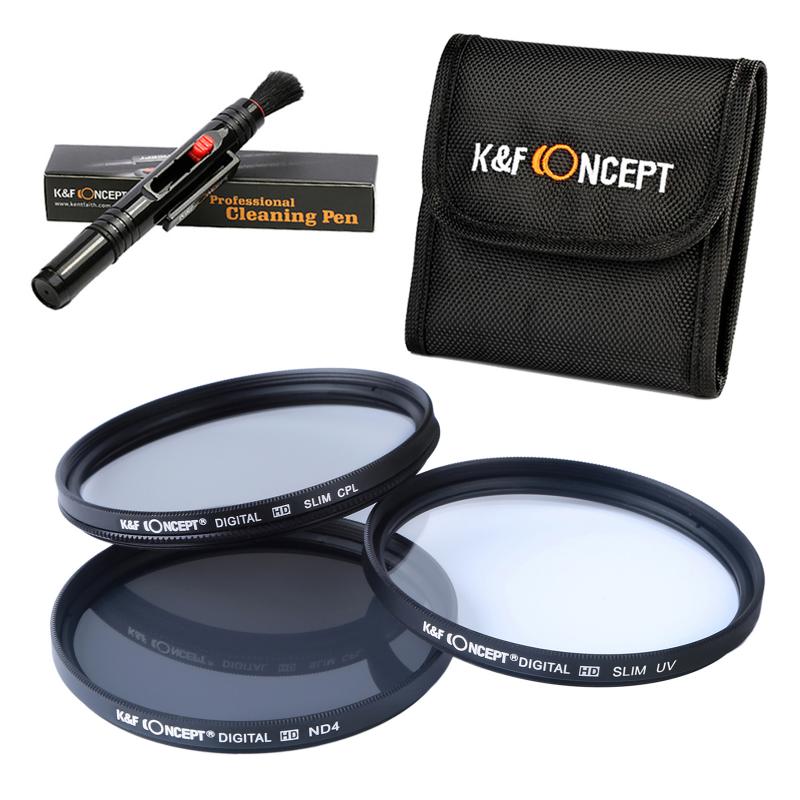
4、 Solar-powered batteries: Utilized for eco-friendly security camera systems.
Solar-powered batteries are commonly used for security cameras, especially in eco-friendly security camera systems. These batteries harness the power of the sun to provide a sustainable and renewable energy source for the cameras. They are designed to store the energy generated by solar panels during the day, allowing the cameras to operate even during the night or in low-light conditions.
One of the main advantages of solar-powered batteries is their environmental friendliness. By utilizing solar energy, these batteries reduce the reliance on traditional energy sources, such as electricity or disposable batteries, which can have a negative impact on the environment. Solar-powered batteries help to minimize carbon emissions and reduce the overall carbon footprint of security camera systems.
Moreover, solar-powered batteries offer a cost-effective solution in the long run. While the initial investment may be higher compared to traditional batteries, the savings in electricity costs over time can be significant. Additionally, solar-powered batteries require minimal maintenance and have a longer lifespan, making them a more durable and reliable option.
In recent years, advancements in solar technology have further improved the efficiency and performance of solar-powered batteries. These batteries now have higher energy storage capacities, allowing them to power security cameras for extended periods without the need for recharging. Furthermore, some solar-powered batteries are equipped with smart features, such as remote monitoring and control, which enhance the overall functionality and convenience of the security camera system.
Overall, solar-powered batteries are an excellent choice for security cameras, offering an eco-friendly and cost-effective solution. As technology continues to evolve, we can expect further improvements in solar-powered batteries, making them even more efficient and reliable for security camera systems.
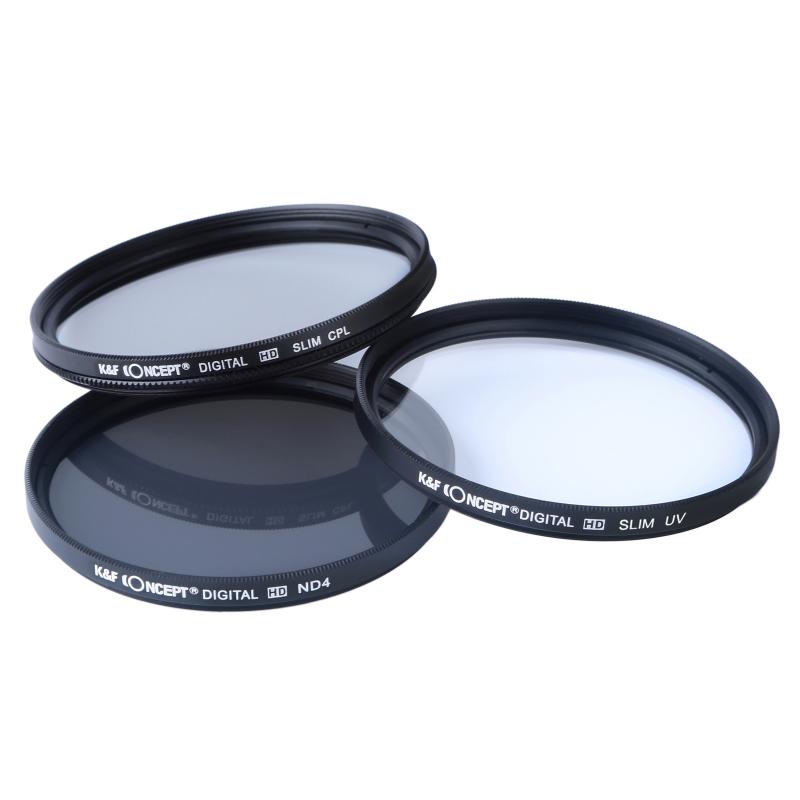

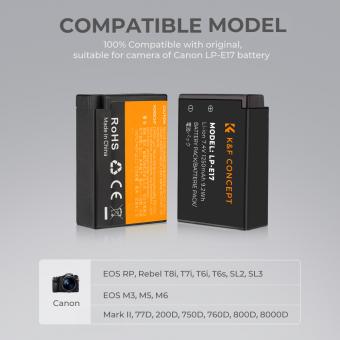





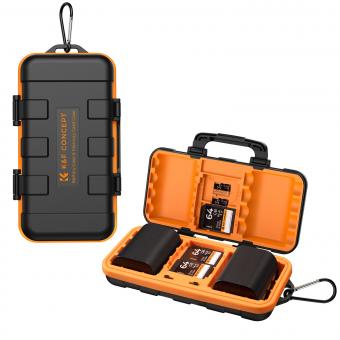



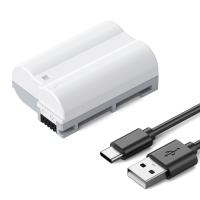

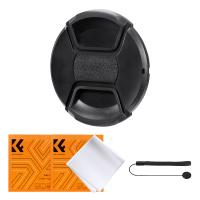
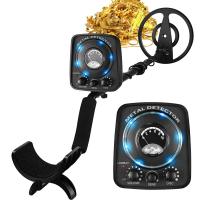
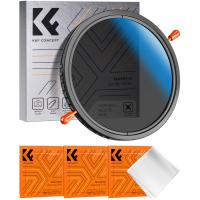
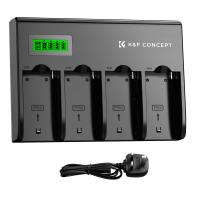
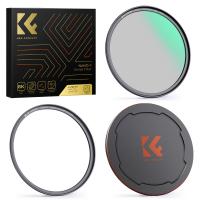
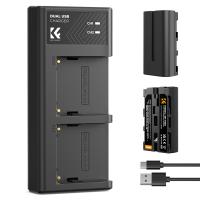
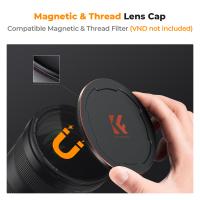

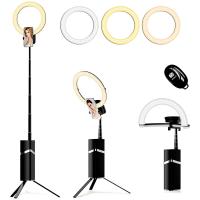

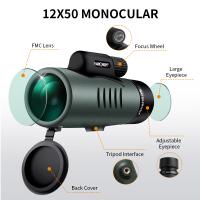

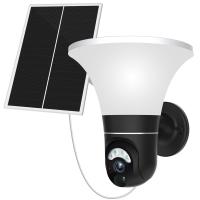


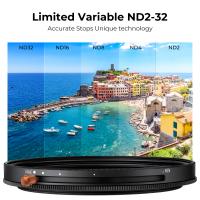
There are no comments for this blog.